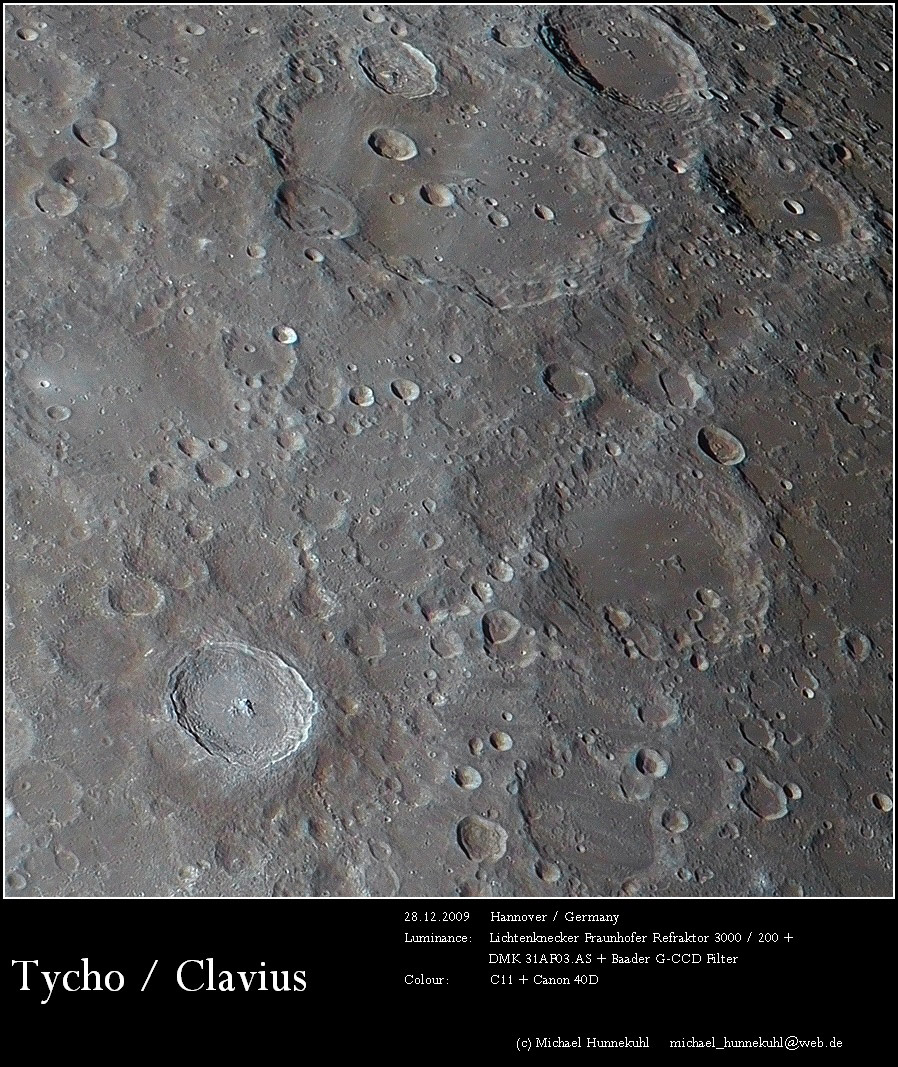Difference between revisions of "January 15, 2010"
| (3 intermediate revisions by the same user not shown) | |||
| Line 1: | Line 1: | ||
__NOTOC__ | __NOTOC__ | ||
=Ochre Patches= | =Ochre Patches= | ||
| + | <!-- Start of content --> | ||
<!-- ws:start:WikiTextHeadingRule:1:<h1> --> | <!-- ws:start:WikiTextHeadingRule:1:<h1> --> | ||
<!-- ws:start:WikiTextLocalImageRule:16:<img src="/file/view/LPOD-Jan15-10.jpg/113633895/LPOD-Jan15-10.jpg" alt="" title="" /> -->[[File:LPOD-Jan15-10.jpg|LPOD-Jan15-10.jpg]]<!-- ws:end:WikiTextLocalImageRule:16 --><br /> | <!-- ws:start:WikiTextLocalImageRule:16:<img src="/file/view/LPOD-Jan15-10.jpg/113633895/LPOD-Jan15-10.jpg" alt="" title="" /> -->[[File:LPOD-Jan15-10.jpg|LPOD-Jan15-10.jpg]]<!-- ws:end:WikiTextLocalImageRule:16 --><br /> | ||
| Line 15: | Line 16: | ||
<br /> | <br /> | ||
<strong>Related Links</strong><br /> | <strong>Related Links</strong><br /> | ||
| − | Rükl plate [ | + | Rükl plate [https://the-moon.us/wiki/R%C3%BCkl_72 72]<br /> |
<br /> | <br /> | ||
<hr /> | <hr /> | ||
| + | <table class="wiki_table"> | ||
| + | <tr> | ||
| + | <td> <!-- RemoveRevolverMaps --> | ||
| + | <!-- RemoveRevolverMaps --> | ||
| + | </td> | ||
<p><b>Yesterday's LPOD:</b> [[January 14, 2010|A Corner of Oddities]] </p> | <p><b>Yesterday's LPOD:</b> [[January 14, 2010|A Corner of Oddities]] </p> | ||
<p><b>Tomorrow's LPOD:</b> [[January 16, 2010|The Best Way To Solve Geologic Problems]] </p> | <p><b>Tomorrow's LPOD:</b> [[January 16, 2010|The Best Way To Solve Geologic Problems]] </p> | ||
| + | <!-- End of content --> | ||
{{wiki/ArticleFooter}} | {{wiki/ArticleFooter}} | ||
Latest revision as of 17:47, 13 October 2018
Ochre Patches

south up image by Michael Hunnekuhl, Hannover Germany
Enhanced color images of mare regions are famous for distinguishing lava flows of different compositions. There are sharp boundaries in some maria (Imbrium and Serenitatis, especially) with strongly contrasting enhanced colors. The highlands have much less conspicuous color differences, but as Michael demonstrates, they exist. There seem to be three main hues. There is a background of grayness, with patches and swaths of ochre, and bright whiteness (with a tinge of blue) for Tycho's rays and very young craters. The orange hues are most interesting because they are hardest to interpret geologically. The orange halo around Tycho is probably related to its impact melt halo that we see as dark at Full Moon. Does that mean that the similar hue patches crossing the floor of Clavius and in the upper right side of the image are also impact melt? It doesn't seem likely because impact melt is normally considered to be concentrated near its source crater. The Clavius orange swath and others looks like they are radial to Tycho, suggesting that they did come from there, but I think that is a misinterpretation. Look at the Clavius swath carefully - it is bounded on the left and right by rays from Tycho, and there are hints of orange on the floor away from the rays. The orange stuff, especially nearer the terminator seems to be widespread except for where it is ray-covered. I don't know what to suggest as its origin, do you?
Chuck Wood
Technical Details
12/28/2009, 21:00 & 21:10 MEZ. Luminance: Lichtenknecker Fraunhofer Refraktor 3000 / 200, DMK 31AF03.AS. Luminance image composed of 80 fields, each field best 90% of 380 frames.
Color: C11 + Canon C11.
AVI Stack, Fitswork and Photoshop
Related Links
Rükl plate 72
Yesterday's LPOD: A Corner of Oddities
Tomorrow's LPOD: The Best Way To Solve Geologic Problems
COMMENTS?
Register, Log in, and join in the comments.



